|
Two decades since Indonesian despot Soeharto stepped down, the country is holding its fifth democratic elections — a rematch between incumbent Joko Widodo, popularly known as Jokowi, and his rival Prabowo Subianto. Indonesia, which is the world's largest Muslim-majority country, has long prided itself on representing moderate Islam. Yohanes Sulaiman argues that the poll will show whether the majority of voters in Indonesia still prefer the moderate stance, or favour a more hard-line position.
This election also matters beyond Indonesia's borders. Bill Laurance and Penny van Oosterzee say that Jokowi’s re-election may put global biodiversity at risk because he is threatening to renege on a national moratorium he declared on new palm-oil plantations — which could quickly escalate deforestation in Papua, Borneo, Sumatra, and beyond.
|
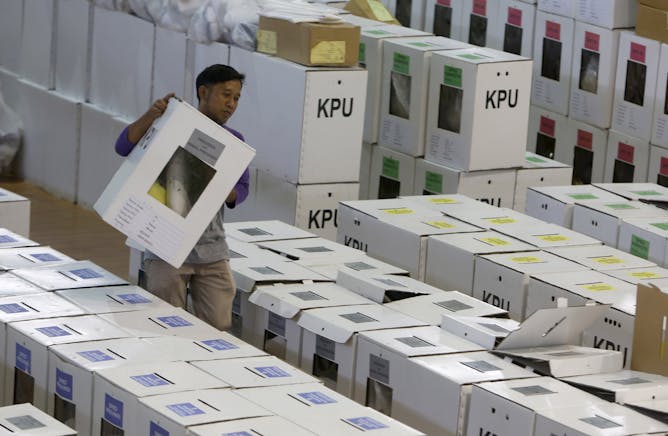
A district employee carries a ballot box a day before distributing to pollings center in Bogor, West Java. Indonesia will hold its general elections on 17 April, during which the president, vice president, and legislative members will be elected.
Adi Weda/AAP
Yohanes Sulaiman, Universitas Jendral Achmad Yani
Here is what you need to know about Indonesia's elections and what's at stake.
|
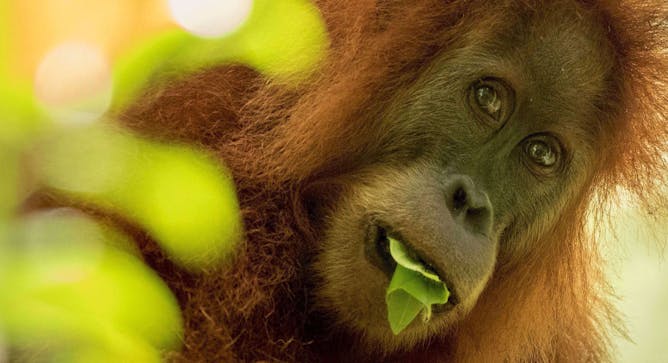
A critically endangered Tapanuli orangutan from Sumatra, Indonesia.
Maxime Aliaga / Sumatran Orangutan Conservation Programme
Bill Laurance, James Cook University; Penny van Oosterzee, James Cook University
Jokowi's re-election may put the global biodiversity at risk
|
Arts + Culture
|
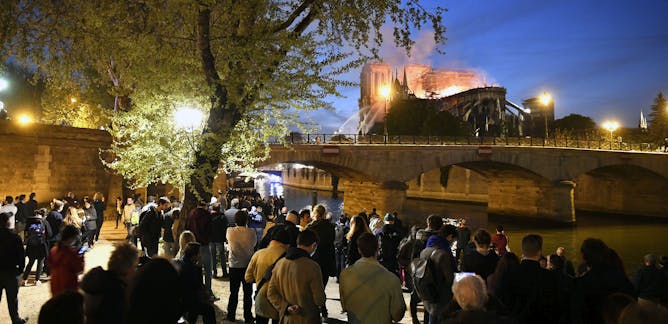
Alice Kelly, University of Oxford
Words are as important as pictures for helping us come to terms with such a huge cultural loss.
| |
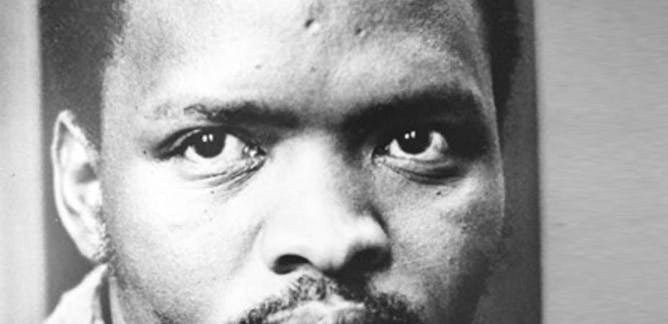
Anne Heffernan, Durham University
Fifty years after the founding of South African Students' Organisation this anti-apartheid movement remains a model for student activists.
|
|
|
Politics + Society
|
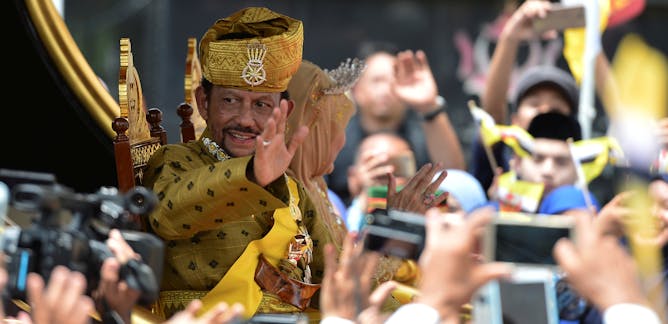
Paula Gerber, Monash University
Brunei's new anti-gay Sharia laws are the harshest in the world. Yet few countries have publicly condemned them, and an international boycott could backfire.
| |

Kathy Kiely, University of Missouri-Columbia; Laurel Leff, Northeastern University
It's dangerous for the press to take up Julian Assange's cause, two journalism scholars write. Assange is no journalist, they say, and making him out to be one is likely to damage press freedoms.
|
|
|